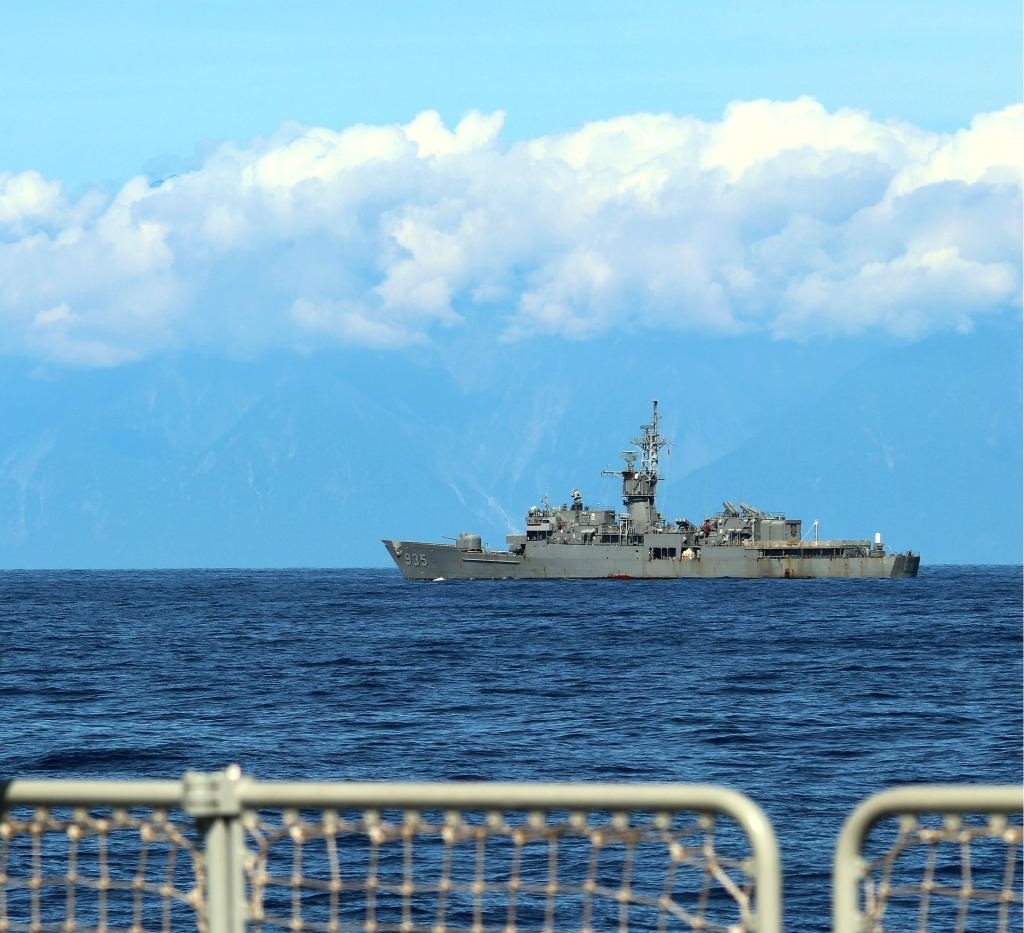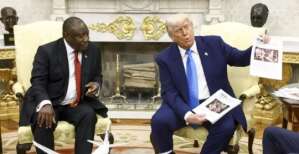The European Union agreed to lift all remaining economic sanctions on Syria, hoping the relief will ease access to financial funds and speed up the war-battered country’s recovery after the fall of Bashar al-Assad’s dictatorship
Donald Trump’s sudden decision to lift sanctions on Syria accelerated the timeline in Brussels, which had been working on a step-by-step roadmap. The European Union agreed to lift all remaining economic sanctions on Syria, hoping the relief will ease access to financial funds and speed up the war-battered country’s recovery after the fall of Bashar al-Assad’s dictatorship in December.
“We want to help the Syrian people rebuild a new, inclusive and peaceful Syria. The EU has always stood by Syrians throughout the last 14 years – and will keep doing so,” High Representative Kaja Kallas said at the end of a meeting of foreign affairs ministers.
The bloc’s decision comes less than a week after Donald Trump, during a tour to the Middle East, met with Syria’s interim president, Ahmed al-Sharaa, and announced a plan to remove all the sanctions imposed by the United States.
“I will be ordering the cessation of sanctions against Syria in order to give them a chance at greatness,” Trump said in Saudi Arabia.
Trump’s sudden move significantly accelerated the timeline in Brussels. The EU had approved a first round of relief for Syria in late February, including the energy sector, which is crucial to collecting state revenue. But several restrictions on the financial and banking sectors remained in place, despite repeated pleas from Damascus.
“There is no justification for maintaining them,” al-Sharaa said earlier this month after a meeting with French President Emmanuel Macron.
Humanitarian organisations also asked for further relief, arguing that the Assad-era measures were creating a chilling effect that deterred risk-averse investors. The bloc completed the internal work on Tuesday evening, when foreign affairs ministers voted unanimously to abolish all economic sanctions.
Upon arrival at the meeting, Kallas admitted there were “worries” about whether the new government led by al-Shara was going in “the right direction,” following violent incidents in the country that involved the security forces and pro-al-Assad loyalists. Kallas had previously warned that the sanctions could be reintroduced if al-Shara’s executive backtracked on its commitments of inclusion and diversity. “I think we don’t have a choice,” Kallas said when asked about sanctions relief. We actually either give them (the) possibility to stabilise the country or we don’t do that and we have something (like) we had in Afghanistan.”
Still, the suspension agreed on Tuesday is not a blank cheque. The bloc will retain stringent restrictions on weapons, chemicals, dual-use goods, equipment that can be used for repression and software for surveillance, as well as the extensive blacklist of people involved in al-Assad’s autocracy.
The sanctions imposed on Syria were one of the most complex regimes that Brussels had ever built and led to the collapse of EU-Syria economic relations. In 2023, Syria was ranked as the bloc’s 143rd trading partner, with commercial flows worth €396 million. The EU is Syria’s largest international donor, having provided nearly €37 billion since 2011.
Meanwhile, Documents and personal items belonging to famed Israeli spy Eli Cohen have been brought back to Israel from Syria to mark the 60th anniversary of his public execution in Damascus, the Israeli Prime Minister’s Office has said.
The Prime Minister’s Office on Sunday said that in a covert and complex Mossad operation, in cooperation with an allied foreign intelligence service, the official Syrian archive on Eli Cohen, which had thousands of findings that were held for decades by the Syrian security forces in a highly compartmentalized manner, were brought to Israel.
The PMO said that the special archive includes approximately 2,500 original documents, photographs and personal items, most of which have been revealed for the first time.
The material was brought to Israel close to the emotional and symbolic 60th anniversary of his execution on 18 May 1965, in a main square in Damascus.
As per a report in the Times of Isreal, Cohen who was born in Egypt to a Jewish family, joined the Mossad in the early 1960s and infiltrated the top echelons of Syria’s political leadership under the alias Kamel Amin Thaabet. The intelligence he obtained over four years was credited with playing a key role in Israel’s stunning success in the 1967 Six Day War, particularly in the capture of the Golan Heights.
Cohen was tried and executed by the Syrian government for espionage on May 18, 1965, and the Times of Israel report said that his body has never been recovered, despite repeated efforts over the years by successive Israeli governments and the Mossad.
During a meeting between Israeli PM Benjamin Netanyahu and Mossad Director David Barnea, several original documents and personal items that were located in Syria, were presented to Eli Cohen’s widow, Nadia.








